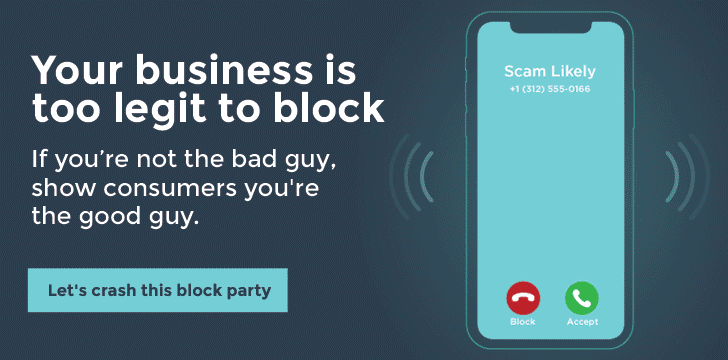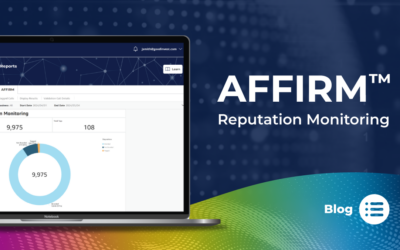If you were scammed into sending money via Western Union, it’s time to make a claim. Last year, the FTC reported a settlement with Western Union. Today, they released an FAQ of sorts to help you determine if you’re eligible to get cash back.
- If you lost money to a scammer who had you pay using Western Union between January 1, 2004 and January 19, 2017, you can file a claim. You have until February 12, 2018, to file your claim.
- You do not have to pay to get your money back. To file a claim, you have to give your Social Security number or Individual Taxpayer Identification Number (ITIN) on the claim form. But nobody will call you to ask for those numbers, or for your bank account or credit card number. Anyone who does is a scammer, so tell the FTC right away.
- If you don’t have either a Social Security number or an ITIN, check the box that says so. When asked for a reason, you can explain that you’re not a U.S. citizen – or whatever other explanation applies.
- The U.S. Department of Justice (DOJ) is managing the claims process through the company they hired, Gilardi & Co. Your claim will go to Gilardi, but we suggest you start at the FTC’s website, which will link you to the claims website.
- If you had reported your loss to Western Union, the FTC, or another government agency earlier, you might have gotten a pre-filled claim form in the mail. But even if you didn’t, you can still file a claim.
- To prove how much you lost, it helps to have documentation – like a receipt or transfer send form. If you don’t have those, file anyway. Give as much information as you can about your wire transfer and the money you lost, including when and why you sent it. That will help DOJ validate your claim.
- We know it’s not that safe to send your Social Security number through the mail to someone you’ve never heard of. That’s why we suggest filing your claim online, starting at the FTC’s website. But if you got a claim form in the mail from Gilardi and you want to return it by mail, the only address to send it to is: United States v. The Western Union Company, PO Box 404027, Louisville, KY 40233-4027.
- If you have power of attorney for someone, or you represent their estate, you can file a claim on their behalf.
- How much money you get back depends on how many people file a claim, and how many claims DOJ can validate.
- It might take a year for DOJ to process all the claims and send out checks.
Don’t forget, this settlement will bring scammers out of the woodwork for another opportunity to scam. Be vigilant about answering unknown numbers, and never give sensitive information to someone over the phone that you didn’t call first. It’s FREE to file a claim, so hangup on anyone who might reach out and ask for payment to join the settlement.
Check the FTC’s website for updates and answers to other questions.





